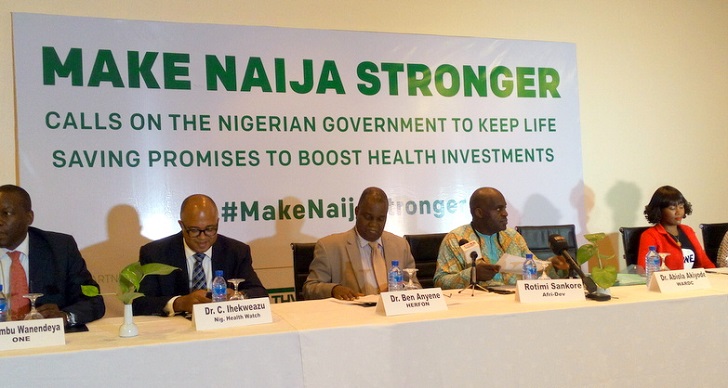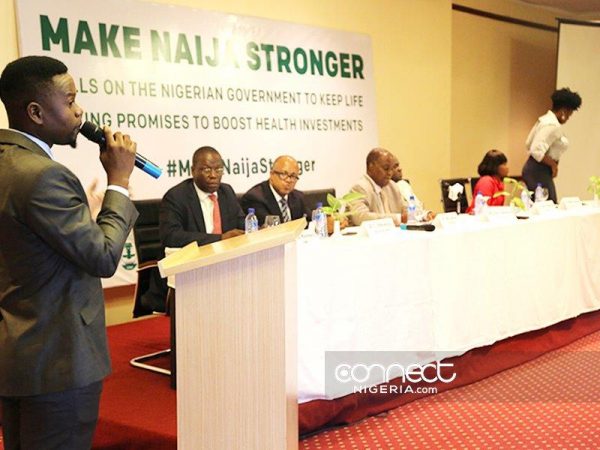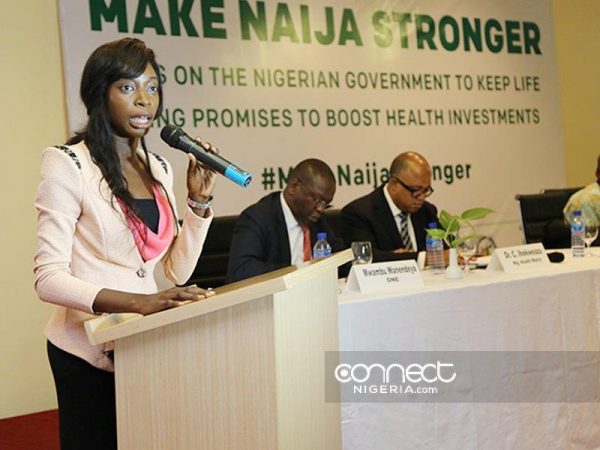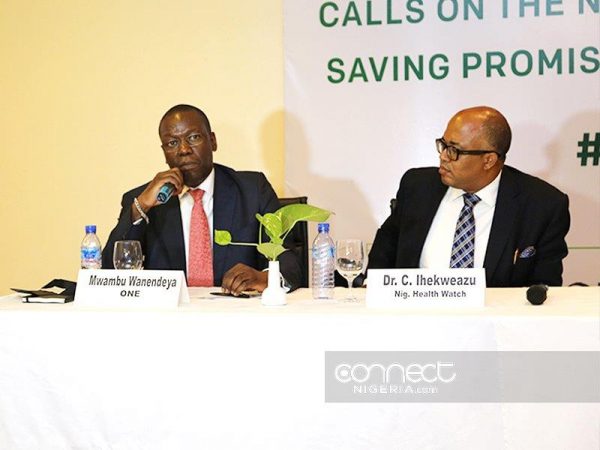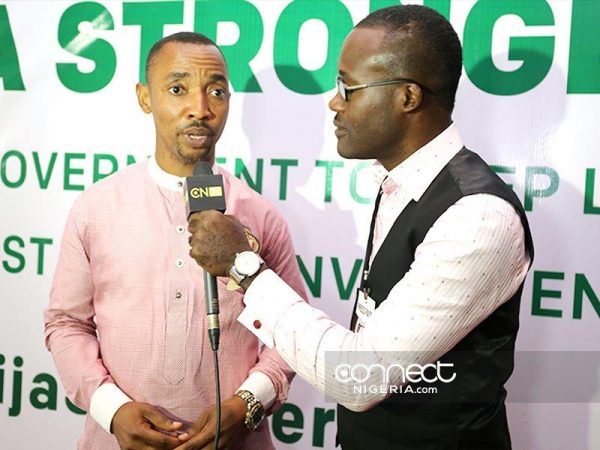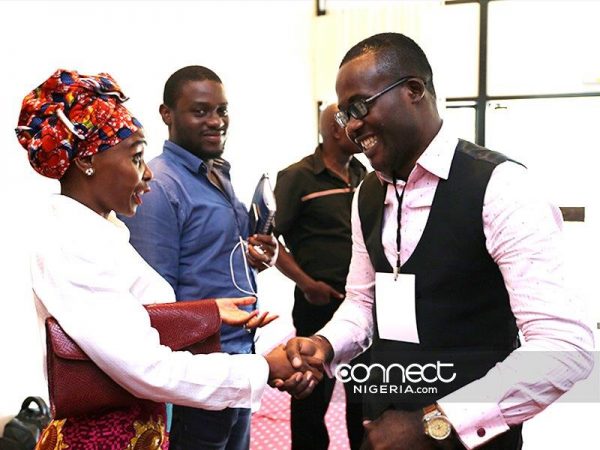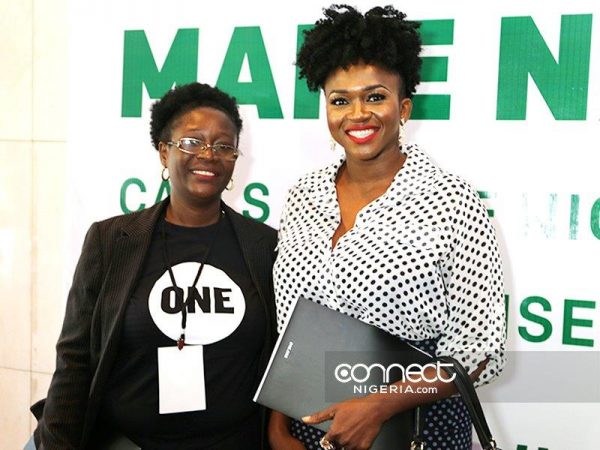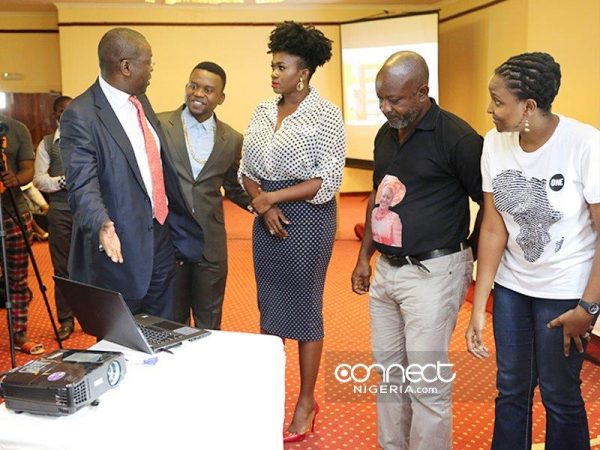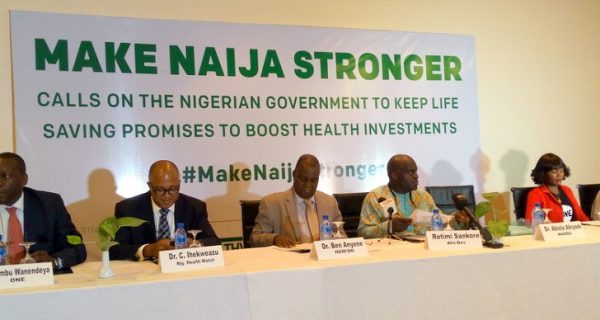On April 25, the world celebrates World Malaria Day to create awareness on the fight against malaria. The theme for this year’s event was End Malaria for Good. Some organizations have put in genuine efforts to see to the eradication of this disease that has for long plagued humans.
One notable organization is the ONE Foundation. ONE is a campaigning and advocacy organization of more than seven million people around the world taking action to end extreme poverty and preventable disease, particularly in Africa. They have recorded a number of accomplishments, including securing global funds to fight AIDS, TB and malaria.
According to research, malaria kills approximately 438, 000 people and infects millions of others every year. And though the fight against the disease has successfully reduced the number of cases, insecticide and drug resistance from mosquitoes and the Plasmodium parasite respectively, are also on the increase.
In the midst of these challenges, however, ONE strongly reaffirms that malaria is totally treatable and preventable. ONE joins global efforts in the development of a range of new tools and promising malaria vaccines to counter threats growing resistance
For prophylaxis, a donation of just $10 can get someone an insecticide-treated net. A $2 antimalarial treatment is effective in providing cure and reducing the number of malaria-related deaths. And spraying homes with insecticides could prevent millions from getting sick. But most people in Africa cannot afford these. According to ONE, “Since 2000, one billion insecticide-treated mosquito nets have been distributed in Africa and today an estimated 68% of under-fives in sub-Saharan Africa are sleeping under insecticide-treated nets, compared to less than 2% in 2000.” Hence, health problems, especially with preventable cases like malaria, can be linked to poverty.
In the Make Naija Stronger campaign, ONE urges Nigerians to take action to save millions from poverty and diseases. Statistically, Nigeria accounts for one in every eight child deaths globally. On a daily basis, she loses more than 2,000 children under the age of five to diseases, while 158 Nigerian women die from pregnancy or childbirth-related illnesses.
Despite being Africa’s biggest economy, Nigeria proportionately spends very little on the health of its citizens and is failing to meet its promises on health spending made in the Abuja Declaration 15 years ago. It is, therefore, time the people urges the government for services to the nation’s boost health and prosperity.
We can use our voices to take a stand. Join the Make Naija Stronger campaign by signing the petition on https://www.one.org/africa/take-action/make-naija-stronger/. Join the campaign on Facebook, Twitter and other social media handles with the hashtag #MakeNaijaStronger.
For updates, follow ONE on Twitter @ONEinAfrica.
Connect Nigeria proudly joins ONE in the campaign to #MakeNaijaStronger. Below are some captured moments at the event.

